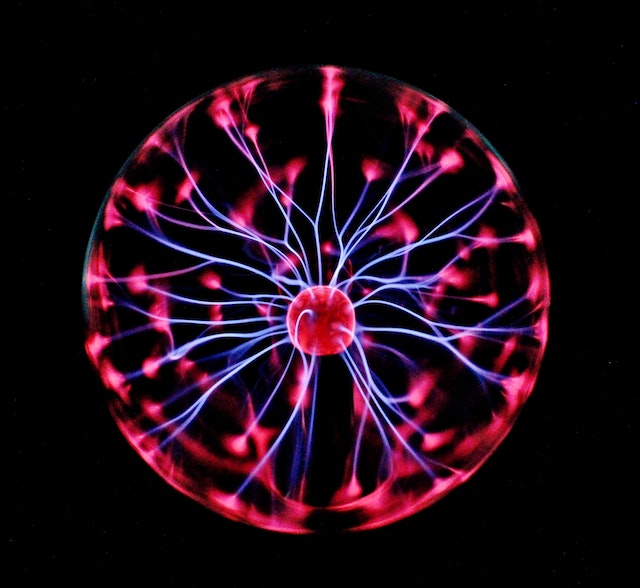
The Impact of Technology on Healthcare
Technology has ushered in a new era in healthcare, revolutionizing the way patients receive care and how healthcare professionals provide it. From telemedicine to cutting-edge treatments, here’s a glimpse into the transformative impact of technology on the healthcare industry.
1. Telemedicine and Remote Monitoring:
Telemedicine has emerged as a game-changer, especially in the context of global health crises like the COVID-19 pandemic. Patients can now consult with healthcare professionals remotely, reducing the need for physical visits to clinics or hospitals. This not only improves access to care but also reduces the risk of disease transmission. Additionally, remote monitoring devices enable healthcare providers to track patients’ vital signs and chronic conditions in real-time, allowing for early intervention and personalized care plans.
2. Electronic Health Records (EHRs):
The adoption of Electronic Health Records (EHRs) has streamlined patient data management. Healthcare providers can access patients’ medical histories, test results, and treatment plans more efficiently, leading to better-informed decisions and improved patient outcomes. EHRs also enhance communication among healthcare teams and reduce the risk of errors associated with paper records.
3. Artificial Intelligence (AI) and Diagnostics:
AI and machine learning algorithms are transforming medical diagnostics. They can analyze vast amounts of medical data, such as images and patient records, to assist doctors in diagnosing diseases more accurately and quickly. AI-powered tools are also being used in drug discovery, predicting patient outcomes, and personalizing treatment plans.
4. Robotic Surgery:
Robotic-assisted surgery has revolutionized surgical procedures. Surgeons can now perform minimally invasive surgeries with greater precision and control. This results in smaller incisions, less pain, and faster recovery times for patients.
5. Wearable Health Devices:
Wearable health devices, such as fitness trackers and smartwatches, empower individuals to monitor their health and fitness levels continuously. These devices can track heart rate, sleep patterns, and physical activity. They provide valuable data to both patients and healthcare professionals, enabling better-informed decisions about health and wellness.
6. Telehealth Platforms:
Telehealth platforms connect patients and healthcare providers through secure online portals. These platforms facilitate video consultations, prescription refills, and the sharing of medical records. They are especially valuable for patients in remote or underserved areas who may have limited access to healthcare facilities.
7. Personalized Medicine:
Advancements in genomics and molecular biology have given rise to personalized medicine. By analyzing a patient’s genetic makeup, healthcare providers can tailor treatments to the individual, maximizing effectiveness while minimizing side effects.
In conclusion, technology has had a profound impact on healthcare, making it more accessible, efficient, and effective. These advancements not only improve patient care but also empower individuals to take control of their health. As technology continues to evolve, the future of healthcare promises even more innovative solutions and improved outcomes for patients worldwide.

